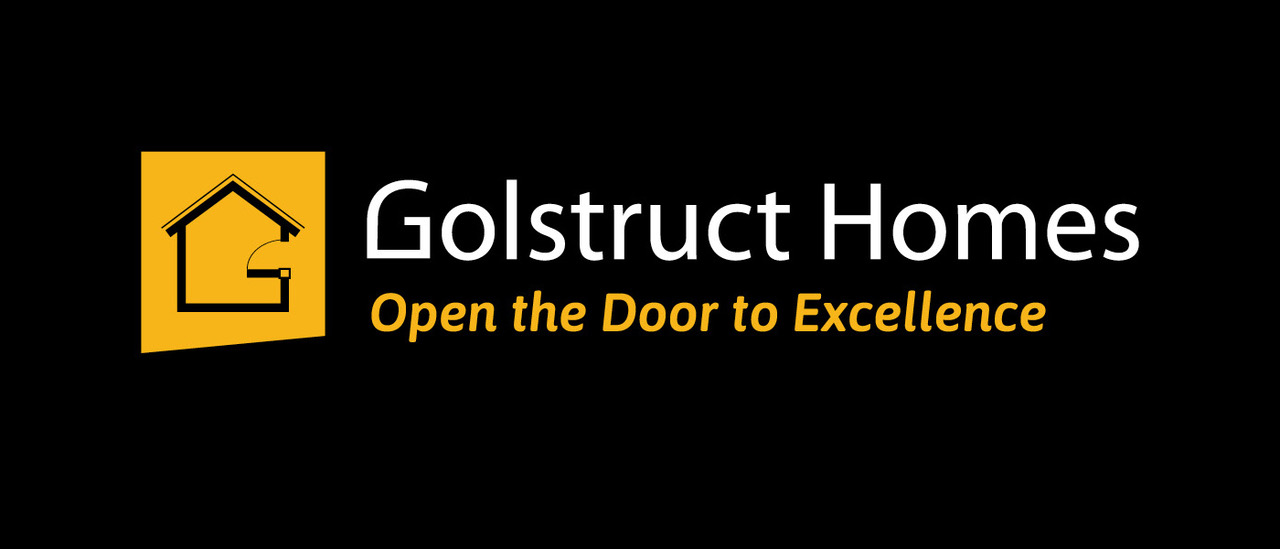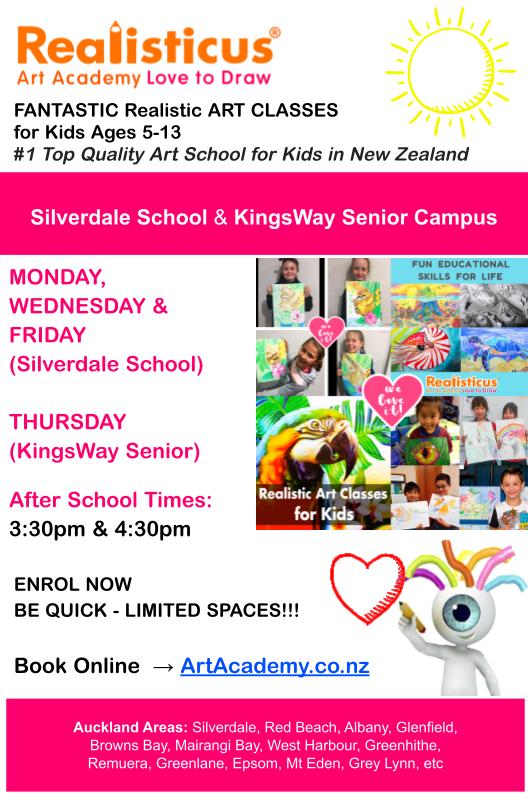Face coverings at Alert Level 3
Year 4 to 8 students and staff will now be required to wear face coverings when indoors as an added layer of protection. This requirement is included in an updated Public Health Response Order.
From 17 November students cannot attend school if they will not wear a face covering when indoors unless they are exempted from doing so (for example some people who have a disability or health condition that would prevent them from wearing a face covering).
A face covering is defined as “a covering of any type that covers the nose and mouth of a person”.
The Unite Against COVID-19 website gives a complete list of the situations where a face covering does not need to be worn and who does not need to wear one.
Exemption cards are available only for those who have a disability or health condition that makes wearing a face covering unsuitable. While the cards are not a requirement for the individual, guidance on the Ministry of Health website notes it will make it easier to explain why wearing a face covering is unsuitable for them.
Organisations which can provide this card are:
Disabled Persons Assembly NZ – 04 801 9100 or info@dpa.org.nz
Blind Citizens NZ – 0800 222 694 or admin@abcnz.org.nz
Deaf Aotearoa – covid@deaf.org.nz
Our school will be enforcing the face covering requirement. For those who genuinely meet the exemption criteria, while you wait for an exemption card to come through please provide a letter or medical certificate from a health practitioner or GP to support this.
This is a decision that has been made for us and not by us. Please be kind and if you have any concerns for your child/ren please contact Cameron cameronlockie@silverdaleprimary.school.nz
All our staff will be wearing a face mask while inside.
We encourage our Year 0, 1, 2, and 3 children to wear a mask inside as well but this is not a requirement.
Silverdale School Country Show Day Online Auction – The auction is open from Wednesday 10 November until Friday 19 November.
Winner, winner, chicken dinner!
We are so fortunate that local businesses have been super generous in donating items and services to support our school! Get online and get bidding – you might even grab yourself a bargain.
There is something for everyone!!
https://www.32auctions.com/CSD2021
The auction is open from Wednesday 10 November til Friday 19 November.
Winning bidders can then make payments directly into the PTA account (12 3046 023 1780 00) or pay by EFTPOS when collecting on Sunday 21 November at Metro Park.
Reasons to get vaccinated
Without vaccines, we’re at risk of serious illness, disability or even death from things like the measles, meningitis, pneumonia, tetanus and polio – and now COVID-19.
Vaccines work by stimulating the body’s natural resistance by training our immune systems to create antibodies.
Here are a few reasons why vaccinations are good – for everyone:
- they can prevent us from getting sick
- they are safe
- they can save lives
- they will not cause a disease they are designed to prevent
- they can help protect the community
- prevention is much better than treatment.
In a nutshell, by getting vaccinated, we are protecting ourselves, our loved ones and those around us. Most people can be vaccinated, but those who cannot be – including very young babies, those who are seriously ill or have certain allergies – they depend on us to be vaccinated to ensure they are also safe from vaccine-preventable diseases.
These are the reasons the Government is requiring the education workforce to be vaccinated by 1 January 2022.
It’s important to know that licensed vaccines have been rigorously tested across multiple phases before being approved for use.
How does the vaccine work?
The COVID-19 vaccine works by teaching your body to fight the virus and protects you from
getting sick:
- The vaccine sends a set of instructions to teach your body how to fight the COVID-19 virus.
- With these instructions your body learns to recognise the COVID-19 virus and use antibodies against it. Antibodies stop the virus from infecting your cells and help to kill it.
- That means if you come into contact with the COVID-19 virus in the future, your body will have the right tools to protect itself so you are less likely to get sick.
Is the vaccine safe?
The Pfizer vaccine has been thoroughly assessed for safety by our own Medsafe experts.
Medsafe only grants consent for using a vaccine in Aotearoa once they’re satisfied it has met strict standards for safety, efficacy and quality.
This is the same process used to assess other vaccines, like the flu, measles, and tetanus vaccines. There have been no shortcuts taken in granting approval.
The Pfizer vaccine has been used successfully by millions worldwide and is highly effective at preventing severe illness and death. It continues to be monitored for safety.
Why was it developed so quickly?
Because the mRNA vaccine is not new technology and has been studied for over a decade, including for the development of other vaccines such as the seasonal flu vaccine, researchers had a head start.
This is the first time scientists and governments from around the world have united to develop a vaccine. This global collaboration meant they could spend an enormous amount of time and money into developing the vaccines very quickly without taking any shortcuts in the necessary processes or compromising safety. This also meant that the various stages of research development happened at the same time.
Are there any side effects?
It is common to experience mild side effects, such as muscle aches, pain at the injection site or headaches.
These are more commonly reported after the second dose and are actually a sign that your body’s immune system is learning to fight the virus. They don’t last long and won’t stop you from having a second dose or going about your daily life.
There are some side effects that are more serious but very rare, like a severe allergic reaction or an inflammation of the heart. If you develop difficulty breathing, a racing heart, chest pain or feel faint immediately or in the days after the vaccine, you should seek medical attention.
Further information
Here are links to some downloadable PDFs:
The Unite Against COVID-19 website also has content about misinformation and scams which may also be helpful for you and for your community.
If you see something about COVID-19 or the vaccine that doesn’t seem right or if it’s on social media, you can report it to the platform. Anything else can be reported to CERT NZ.
Here is a range of resources available to inform people who are anxious about the vaccine.
Videos
- Nigel Latta, Dr Maia Brewerton and Dr Helen Petousis-Harris recently answered questions in a Facebook live event.
- Dr Ashley Bloomfield, Dr Nikki Turner, Dr Siouxsie Wiles and Dr Vanisi Prescott recently answered questions about the COVID-19 Vaccine, moderated by Mihingarangi Forbes.
- Mihingarangi Forbes sat down with Dr Hinemoa Elder to discuss some key concerns and hesitancies.
- Vax Facts with Māori Doctors: Dr Anthony Jordan, Dr Papaarangi Reid, Dr Rawiri McKree-Jansen, Dr Maia Brewerton (specialists and activists in Māori health) take phone calls from the Public about Covid and the Vaccine. (Most callers are unvaccinated.)
- Clinical psychologist Rachel Prebble explains how to talk to friends and whānau in this video create an opportunity for open, safe conversations which build trust and enable change over time
- A fun and informative item on the Hahana Facebook page with answers to lots of vaccine questions.
- A rangatahi panel with Dr Jason Tuhoe to kōrero about the vaccine from different perspectives (vaccinated, vaccine hesitant, wants to be vaccinated but whānau pressure not to).
- Watch a discussion between four health professionals where they share their thoughts, knowledge and experiences of the COVID vaccine in Straight Up with Dr. Lily Fraser – The Panel.
Articles











